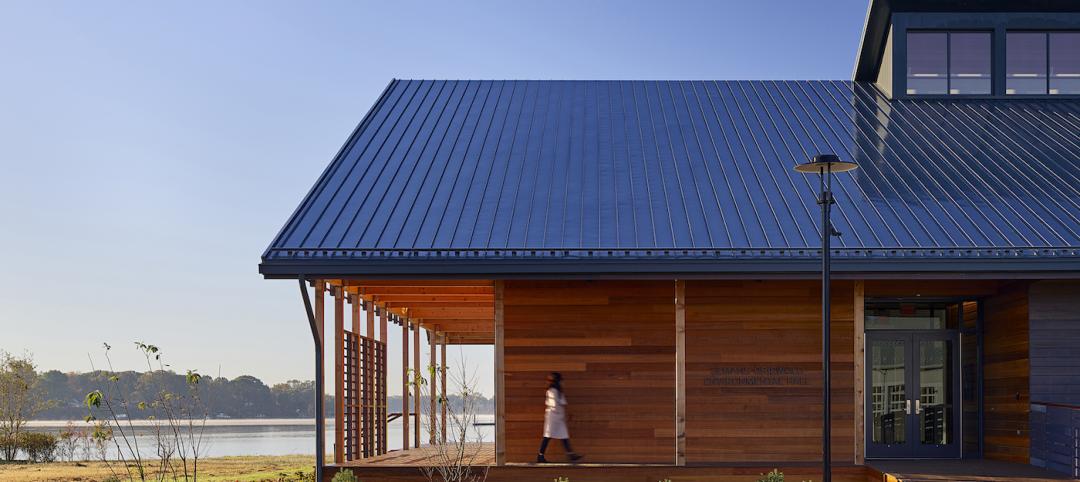Two of the world’s expansion-minded hotel chains are joining forces, as Marriott International has agreed to acquire Starwood Hotels & Resorts Worldwide in a deal valued at $12.2 billion. Marriott will pay $11.9 billion in stock and $340 million in cash. Marriott will also assume Starwood’s recourse debt.
If this deal, which Marriott and Starwood signed on Nov. 17, closes as expected, it would create the world’s largest hotel company, with 5,500 properties and more than 1.1 million rooms, operating under 30 brands in more than 100 countries.
Marriott, based in Bethesda, Md., and Starwood, based in Stamford, Conn., are big franchisors, with most of Marriott’s properties and about half of Starwood’s 1,270 hotels operating as franchises owned by private investors.
There are 54 million members in the Marriott Rewards program, and 21 million in Starwood’s Preferred Guest loyalty program. These programs differ in complexity and how points are earned and rewarded, so they will need to be reconciled as a result of this deal, which is expected to close by next summer.
Marriott’s president and CEO, Arne Sorenson, projected that this combination to generate $200 million in annual savings by the second full year after this deal is closed, although he did not provide specifics. Industry observers expect there could be some brand shakeouts.
Starwood will spin off its timeshare business.
Starwood has been on the block since last sprint, and its management had been talking with several investors and competitors about merger possibilities. The Los Angeles Times and other news outlets report that as recently as last month, three Chinese companies had expressed interest in acquiring the hotelier.
 Phoenix's Sheraton Hotel. Marriott will look to improve growth of Sheraton, a Starwood brand. Photo: Kevin Dooley/Creative Commons.
Phoenix's Sheraton Hotel. Marriott will look to improve growth of Sheraton, a Starwood brand. Photo: Kevin Dooley/Creative Commons.
Sorenson told CNBC that his company and Starwood started negotiating about seven months ago, and signed nondisclosure agreements. “Initially, we were dissuaded. We thought the company was expensive and we backed away a bit,” he recalled. But Starwood became more attractive to Marriott as “the months went by and we saw a relative shift in the value of the company.” Starwood’s stock price lost about 15% of its value during the negotiating period.
“Our board concluded that a combination with Marriott provides the greatest long-term value for our shareholders and the strongest and most certain path forward for our company,” said Bruce Duncan, Starwood’s chairman. “Starwood shareholders will benefit from ownership in one of the world's most respected companies, with vast growth potential further enhanced by cost synergies.”
Marriott plans to accelerate the growth of Starwood’s brands, which include such well-known names as Sheraton and Westin, and boutique brands like W and Aloft. “The combined company will have a broader global footprint,” it stated.
In its most recent quarterly report to shareholders, released on October 28, Marriott anticipated that its room count in 2015 would increase by 7% to 8%, including 9,600 rooms from its earlier acquisition of Delta Hotels. Marriott expected its room count to increase by another 8% in 2016. “Nearly 40% of our more than 260,000-room pipeline is already under construction,” the company stated.
The big question for AEC firms with hospitality practices is how the Marriott-Starwood combo might affect the two companies’ design and construction choices, and whether this deal triggers more mergers-and-acquisition activity in that sector, further reducing their client pool.
Related Stories
Market Data | Jan 29, 2021
The U.S. hotel construction pipeline stands at 5,216 projects/650,222 rooms at year-end 2020
At the end of Q4 ‘20, projects currently under construction stand at 1,487 projects/199,700 rooms.
Modular Building | Jan 26, 2021
Offsite manufacturing startup iBUILT positions itself to reduce commercial developers’ risks
iBUILT plans to double its production capacity this year, and usher in more technology and automation to the delivery process.
Giants 400 | Dec 16, 2020
Download a PDF of all 2020 Giants 400 Rankings
This 70-page PDF features AEC firm rankings across 51 building sectors, disciplines, and specialty services.
Giants 400 | Dec 3, 2020
2020 Hotel Sector Giants: Top architecture, engineering, and construction firms in the U.S. hospitality sector
Gensler, Jacobs, and Suffolk Construction top BD+C's rankings of the nation's largest hotel sector architecture, engineering, and construction firms, as reported in the 2020 Giants 400 Report.
Hotel Facilities | Nov 3, 2020
Hotel made from CLT opens at Fort Jackson, S.C.
This project used over 4,100 pieces of cross-laminated timber. It's the fourth CLT hotel in the Army's housing portfolio.
Hotel Facilities | Oct 27, 2020
Hotel construction pipeline dips 7% in Q3 2020
Hospitality developers continue to closely monitor the impact the coronavirus will have on travel demand, according to Lodging Econometrics.
Hotel Facilities | Sep 22, 2020
‘Lifestyle’ is adding new color to the select-service hotel sector
A new WATG Strategy white paper examines the design characteristics of the blending.
Giants 400 | Aug 28, 2020
2020 Giants 400 Report: Ranking the nation's largest architecture, engineering, and construction firms
The 2020 Giants 400 Report features more than 130 rankings across 25 building sectors and specialty categories.
Coronavirus | Aug 25, 2020
Video: 5 building sectors to watch amid COVID-19
RCLCO's Brad Hunter reveals the winners and non-winners of the U.S. real estate market during the coronavirus pandemic.
















